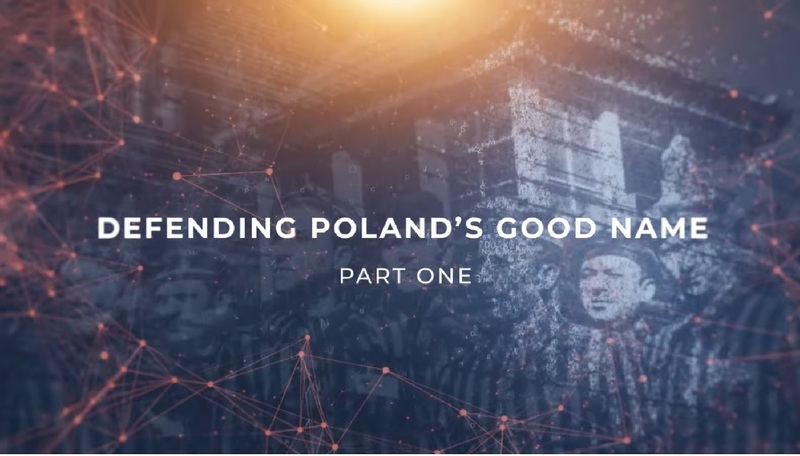We cordially invite you to watch the spot "Defending Poland’s Good Name" by the IPN Office of International Cooperation. The video focuses on the history of totalitarian regimes and defamation resulting from its distortion.
A special unit within the IPN Office of International Cooperation is in charge of reacting against defamation and against falsifying the Polish history.
History gets warped through honest mistakes, misinterpretation and outright manipulation, by individual people, politicians, historians and media. It is the IPN’s mission as a historical institute to uncover the truth, and it is the Office of International Cooperation’s task to deliver that truth. To that end, we monitor hundreds of media and social media outlets, as well as official communication channels of foreign government agencies, from Russia to Canada, from Israel to Sweden.
We handle approximately 100 history distortion and defamation cases every year. Whenever one of them catches our attention, we turn to our Historical Research Office for backup on facts, and consult the legal department. Then, we contact the defamation authors, explaining where they went wrong, and ask for correction. If there is such a need, we publicize the case on our website, social media and through diplomatic channels, warning the world audiences against manipulation and clarifying the facts.
Director Agnieszka Jędrzak, head of the IPN Office of International Cooperation, represented the Institute in the debate on political and economic effects of the war in Ukraine during the Economic Forum in Karpacz, Poland. A dedicated video on Russian disinformation was presented. “Defending Poland’s Good Name” is an extended version of the video.
We analyze tools and narratives the Kremlin typically uses, and the strategy that would allow European nations to successfully neutralize Russian propaganda and fake news.
History distortion and defamation cases tend to occur around dates such as 27 January (International Holocaust Remembrance Day), 8 May (Victory in Europe Day), 23 August (the European Day of Remembrance for Victims of Stalinism and Nazism), 1 September (anniversary of the German invasion of Poland in 1939) or 17 September (anniversary of the Soviet aggression on Poland in 1939).
